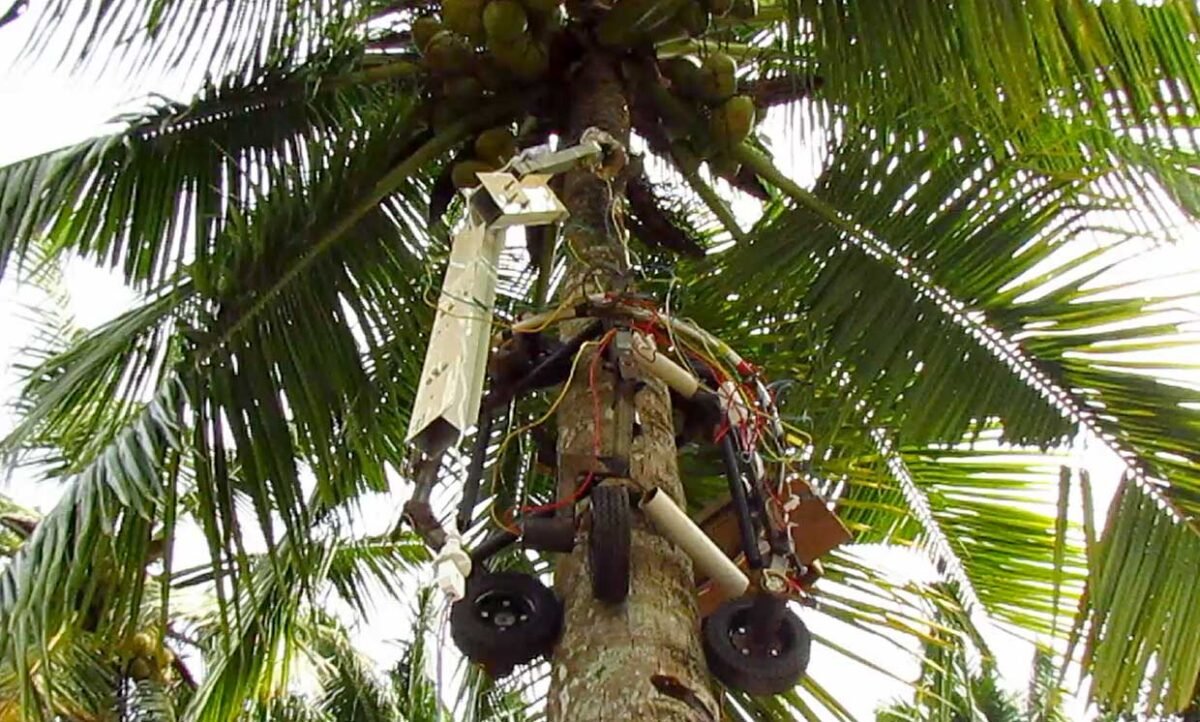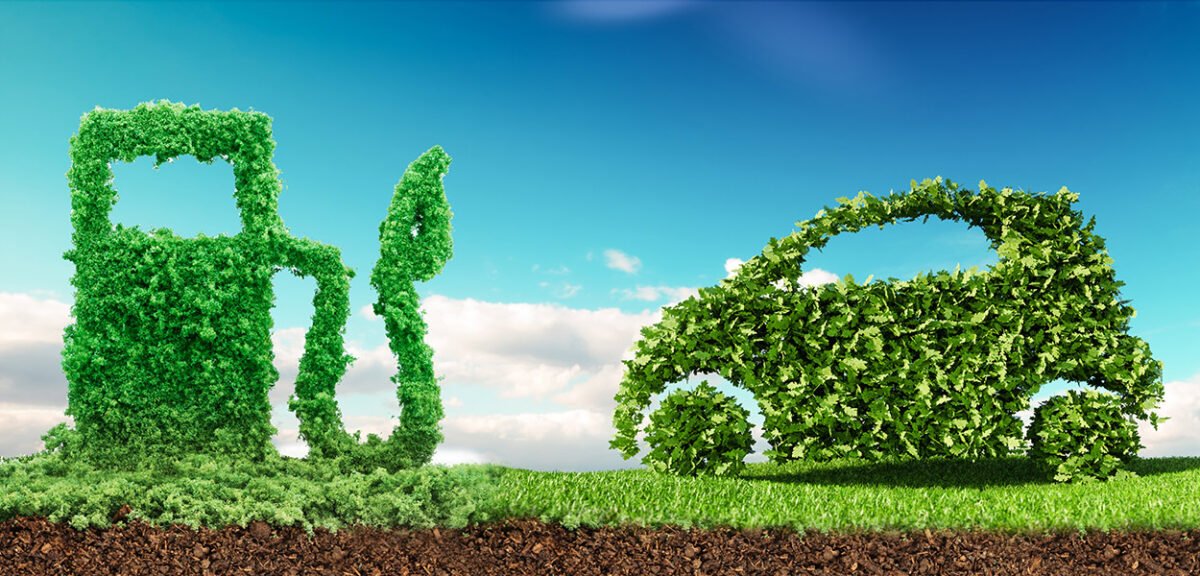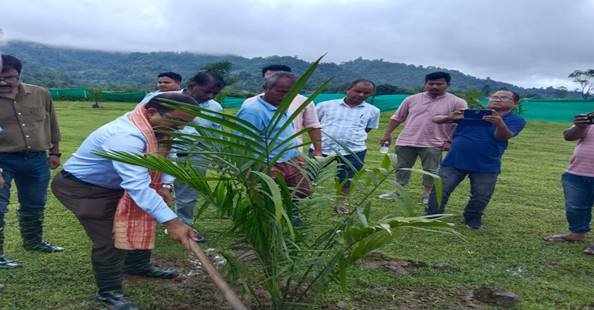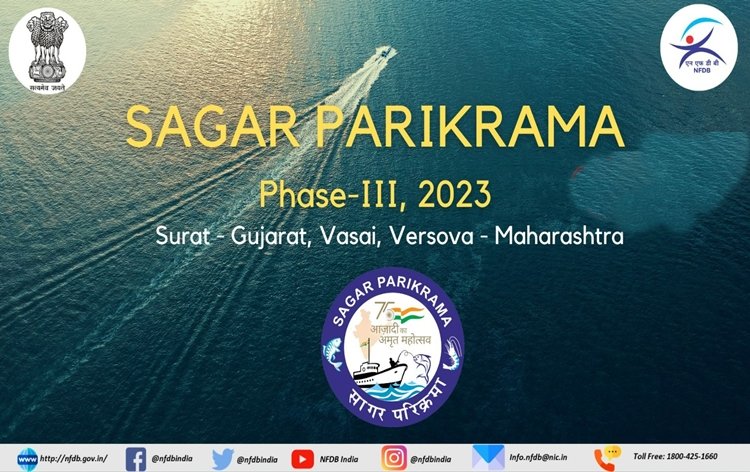Goa CM Dr Pramod Sawant launches ‘Goa State Amrit kaal Agriculture Policy 2025’
Policy focuses on skilling and empowering farmers of Goa in climate-resilient farming practices.
Dr Pramod Sawant Chief Minister, Goa launched ‘Goa State Amrit Kaal Agriculture Policy 2025’ aimed at transforming the agriculture sector of Goa, integrating women farmers and youth in agriculture through targeted programs and incentives. The policy emphasizes on climate-resilient farming practices to protect agriculture in Goa from the effects of climate change. It also introduced ‘New Goa Farmers Welfare Act’, that would be enacted to provide guaranteed livelihood security and incorporate sustainable practices, while simplifying the government procedures for the farmers.
The policy vision is dedicated to creating an ecosystem that supports farmer welfare, ensures fair labour conditions, and calls for more women and youth to engage in agriculture. CM Sawant highlighted this policy framework’s call for innovation in agriculture, assuring support to the ideators. For the farm workers, CM Sawant announced that there will be skill development programs to incorporate specific subjects relevant to agricultural practices. The Chief Minister reiterated the significance of ₹1.38 lakh crore allocated to agriculture in the Union Budget 2025-26 and how Goa’s agriculture can reap maximum benefits from this.
Iterating climate-resilient farming practices to protect agriculture in Goa from the effects of climate change, CM Sawant highlighted the importance of using modern techniques like hydroponics, integrated farming, and other sustainable methods. The policy also introduces initiatives to facilitate the farmers to cultivate new cash crops like avocado, rambutan, grapefruit, and pomelo using high yielding seed varieties.
Further, the Agriculture policy focuses on strengthening farmer collectives, enhancing access to markets, credit, insurance, diversifying income through value addition, and agro-tourism.The policy also aims to pave the way to creating a robust supply chain infrastructure to reduce post-harvest losses and ensure better market access for farmers.
Overall, the “Goa Amrit kaal Agriculture Policy 2025” reflects the state government’s vision of transforming Goa’s agriculture sector into a modern, productive, sustainable, and inclusive pillar of its economy.
Aligned with Prime Minister Narendra Modi’s vision of “Viksit Bharat 2047”, the policy reinforces the Goa government’s commitment to cater to the Annadata (farmers), Yuva (youth), Nari (women) and Gareeb (Poor). Building self-reliance, sustainability, and innovation in farming.
Policy focuses on skilling and empowering farmers














